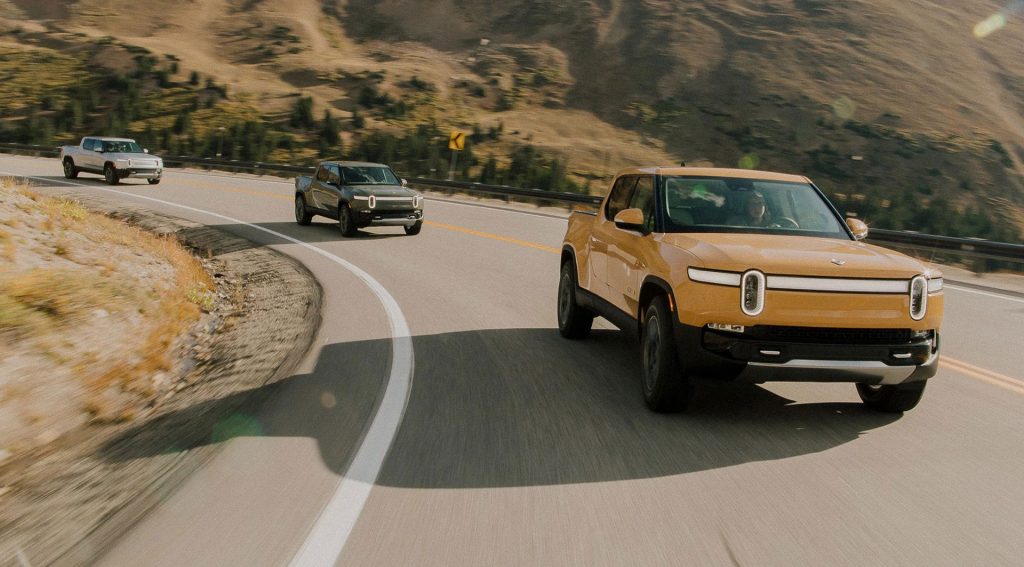Rivian has been hit quite hard by supply chain issues and parts shortages, leading to a slower-than-expected production ramp-up and controversial price increases. In the long-term, however, chief executive R.J. Scaringe isn’t overly concerned.
The EV startup is expected to build approximately 25,000 vehicles this year. That is roughly half of what it could build if it wasn’t for parts shortages, with Scaringe noting the company has encountered a shortage of semiconductors and wiring harnesses, the latter of which is due to Mexican labor issues.
Watch Also: The Rivian R1T Is Winning Drivers With Its All-Roundness
“There’s a tremendous amount of focus on the short term,” Scaringe told Auto News. “But I didn’t start Rivian only focused on next week. Most of the components, whether it’s chips or hardware inside the vehicle, are not constrained — the vast majority. But the ones that are constrained, it’s for a reason. The world needs more of those.”
Scaringe says that the automaker is now in a financial position where it can deal with and adapt to the challenges facing the automotive industry, thanks in part to the fact that it is now a publically-traded company.
“We’ve fortunately capitalized the business to a level that whether we deliver ‘x’ vehicles or ‘2x’ vehicles this week, that doesn’t have a material impact on our financial viability,” he revealed to Auto News.
Rivian has ambitious plans for the future and while shortages may delay these plans, they will not cancel them. On the agenda are new-age electric motors that will be built in-house and a proprietary 800-volt battery architecture. Rivian is also working on a second platform that will be for smaller and more affordable vehicles.
“If we set our strategy and the things we are working on long-term based on short-term supply blips that we’re feeling today, that would be ludicrous,” Scaringe said.





